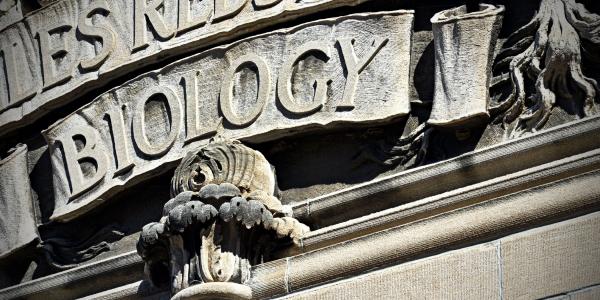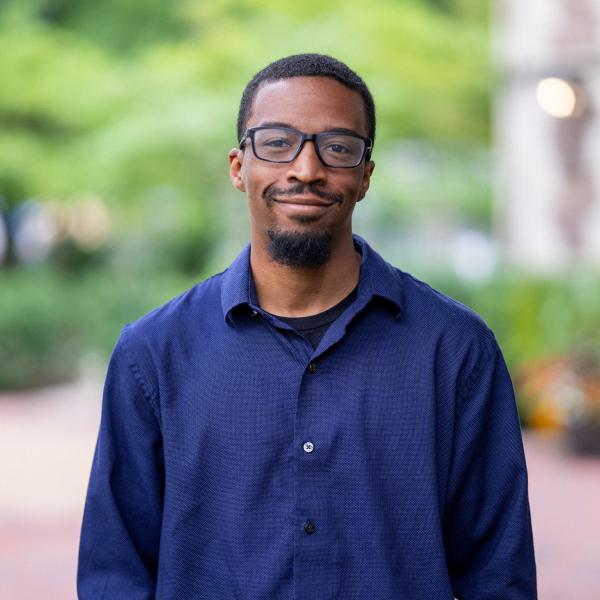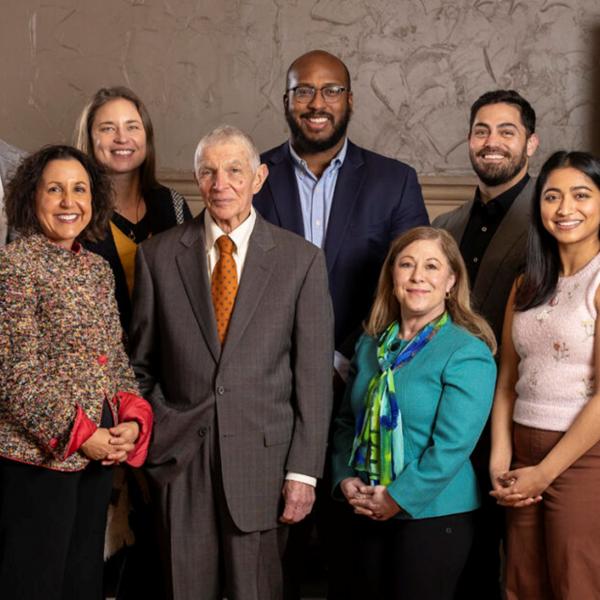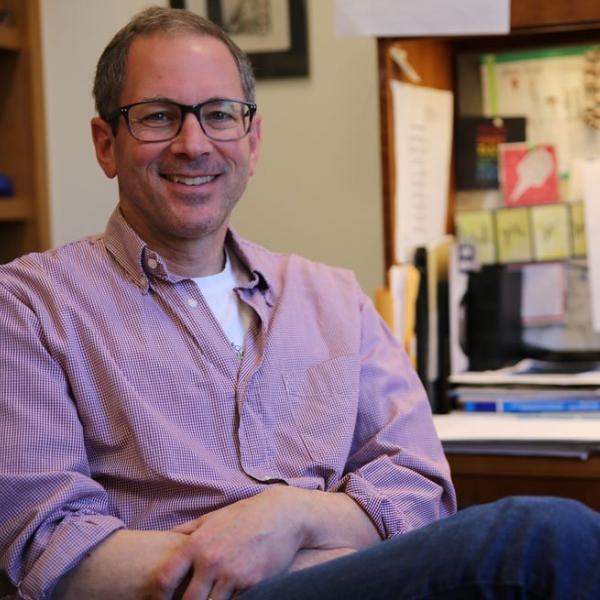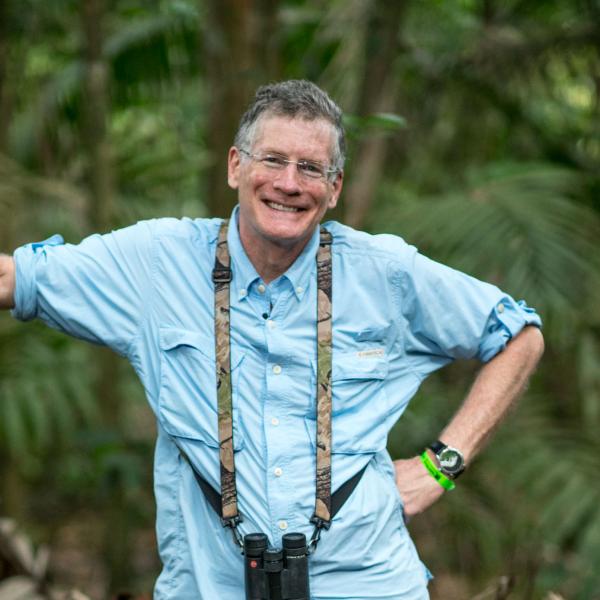Irene Antony, a neuroscience major in Arts & Sciences at Washington University in St. Louis, won the Trainee Professional Development Award (TPDA) from the Society for Neuroscience (SfN).
Q: Where are you from originally? What brought you to WashU?
A: I was born and raised on Long Island, New York. I fell in love with the WashU community and the opportunities here. I'm interested in becoming a physician-scientist and realized WashU would be a great place for me to explore both science and medicine. The mentors I have here are incredible; they are a team who helped me explore my interests and encouraged me to ask my own questions about both the area of science I'm interested in and my future options as a physician.
I'm interested in autism and helping patients who have neurodevelopmental disorders. When I think about how deeply I've been able to delve into the research side of things, specifically in the genetics that underlie autism, as well as on the clinical side where I shadow physicians at the Child and Adolescent Psychiatry Clinic, I am very grateful for my experiences at WashU.
Q: Who are your mentors?
My research mentor is Dr. Kristen Kroll. She is in the Departments of Neuroscience and Developmental Biology at the School of Medicine, and is an incredible inspiration as a woman in STEM. She always encourages me and gives me the confidence and independence to take the lead on multiple projects and scientific publications. I self-learned bioinformatics during the pandemic to explore new research areas, and now, that type of research is what I'm presenting at SfN.
One of my other mentors is Dr. Jim Skeath, who runs the MARC U-STAR program here at WashU and wrote my recommendation letter for the TPDA. This program is for students who come from underrepresented backgrounds in the sciences or disadvantaged backgrounds to encourage pursuit of STEM careers. Many students end up pursuing PhD or MD degrees, due to support from the program itself. Dr. Skeath has been inspiring and instrumental in helping me with my scientific communication, and encouraging my growth as a scientist in learning how to think critically about the questions that I ask.
My clinical mentor is Dr. John Constantino, who is the Director of the Intellectual Developmental Disabilities Research Center (IDDRC) at WashU. He has been an amazing mentor, and I continue to shadow him in his clinic and work with him on IDDRC projects like the Brain-Gene Registry, where we recruit patients and look at their gene sequencing to see if we can identify variants that are potentially pathogenic. Having both Drs. Kroll and Constantino as mentors allowed me to see the research and clinical sides of this field, and these experiences have shaped the career that I want to pursue.
In addition, I would love to thank Dr. Paul Stein, my Physiological Control Systems professor, and Diana José-Edwards, Director of the Post-Baccalaureate Premedical Program & Coordinator of STEM Diversity Initiatives, both members of the Society, for sponsoring my SfN membership and for their support throughout this process.
Q: How did you find your mentors?
I was interested in studying neurodevelopment, specifically autism, so I started exploring research at WashU’s School of Medicine. I was particularly drawn to Dr. Kroll’s lab because her main focus is using induced pluripotent stem cells to model neurodevelopmental disorders like autism and discover genetic mechanisms that lead to autism.
Dr. Skeath connected me with Dr. Constantino. Through shadowing Dr. Constantino, I have learned how differently autism can manifest in patients. It gives me the motivation every day to go back to the lab to answer questions about what is actually driving autism in patients, so that we can eliminate the uncertainty that comes with a diagnosis.
Q: Was there an experience early in life that led you down the path to your interests?
I've been volunteering with the special needs community since high school. What strikes me is that we've made a lot of advances in the field of neurodevelopmental disorders, but there's a lot of underlying work we need to do in order to understand how the brain normally functions and how altered function can lead to different diagnoses. Volunteering for disability advocacy and support organizations is something that I've been able to continue my entire time as an undergraduate, and I'm very grateful for that.
Q: What does winning this award mean to you?
When I got this award, I was most excited because I believe this award is more for my mentors than for me. They were the ones who took my initial interest in science, cultivated it, and encouraged me to pursue science as a career. When I think about the hours of time they spent over the years reading my abstracts and listening to me present, guiding me on how experiments should go in the lab, and discussing seminal papers with me, I realize this award is a testament to how great their mentorship truly is!
When I talk to students here about their research, or their clinical experiences, they always talk about their mentors. I think that speaks to how WashU faculty have a deeply instilled sense of giving back and supporting the students here.
Q: Do you know what you're going to do after you graduate?
I'm currently applying to MD-PhD programs in order to become a physician-scientist who treats patients with neurodevelopmental disabilities in the clinic and works on uncovering the genetic basis of autism in the lab. I’m motivated by this goal every day and want to make a difference in the lives of these patients.
Learn more about the Trainee Professional Development Award (TPDA) from the Society for Neuroscience (SfN).

